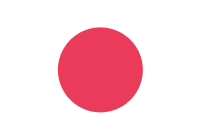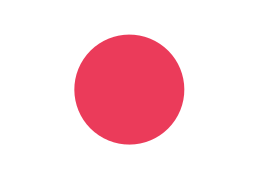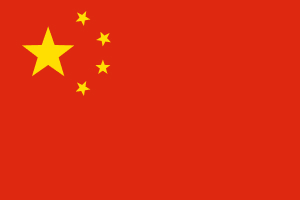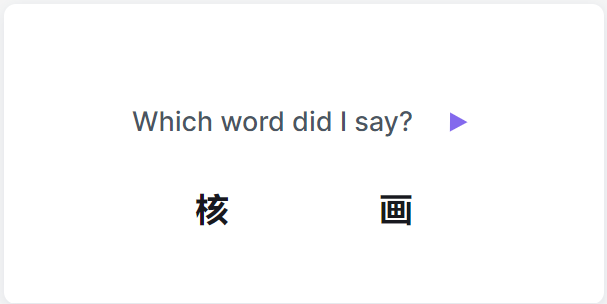About the deck
At Refold, we’re focused on teaching you to understand real Japanese, as it’s actually spoken. Unfortunately, Japanese has lots of weird features that make it hard to understand.
Why do you need to learn minimal pairs?
Every language has a set of sounds that it uses to make words. This is often called a “phonetic inventory” (if you want to be fancy). Words that only have one small difference in their pronunciation are called minimal pairs (for example, “箸「はし」” and “橋「はし」,” or “お祖母さん「おばあさん」” and “伯母さん「おばさん」”).
Speakers of a language can easily distinguish all the different sounds used in that language. After all, “お祖母さん” and “伯母さん” are different words!
But every language has a different set of sounds it considers to be “important.” So our brains learn to ignore the sounds that don’t matter. Which means that, if you want to learn another language, you have to retrain your brain to hear subtle differences between sounds, which might be incredibly easy (and important) to native speakers.
If you want to be able to understand and use Japanese easily and naturally, you need to be able to hear the difference between “蔓「つる」” and “釣る「つる」!”
Introducing the Japanese Minimal Pairs Trainer
Our Japanese Minimal Pairs Trainer is made especially to help you understand Japanese pronunciation as fast as possible.
We examined all the sounds that are used in Japanese and used our years of experience in linguistics, phonology, and Second Language education to build a simple, useful and comprehensible minimal pairs trainer.
How to learn Japanese Sounds
- Study each of the minimal pairs.
- Practice hearing the difference on your first try. Some are much harder than others.
- Immerse in Japanese media content! You’ll need to expose yourself to the language to notice and reinforce the listening skills you’re building.
- Now that you’ve gotten a grasp on the sounds of Japanese, everything will solidify in your head over time.
















